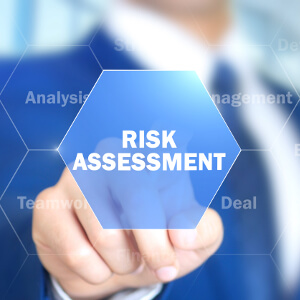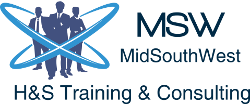How has the legalization of cannabis impacted Ontario companies?
|
On October 17th, 2018, recreational cannabis became legal across Canada. This presented a unique conundrum for employers nationwide. The primary issue at hand was how to ensure that workplaces remained safe now that recreational cannabis was legal and widely available at stores and online.
Just over a year later, and cannabis consumption remains legal. Additionally, its use seems to be growing in popularity. The number of first-time cannabis users has increased since its legalization. The number of regular users has increased as well. |
 |
One year after cannabis legalization, workplace safety surrounding the use of recreational cannabis remains a top safety
What Does This Mean in the Workplace?
|
Back in October of 2018, employers were concerned with ensuring that the workplace remained safe and that workers didn’t misconstrue the legalization of cannabis with permission to come to work intoxicated.
A year later, employers can look back and assess how cannabis legalization has affected the workplace. It’s also a great time to review cannabis policies and programs to ensure that they’re still effectively protecting workers, employers, and organizations. |
 |
The Impact of Cannabis in the WorkplaceRecreational legal cannabis is here to stay, ingraining itself into regular society, and growing in social acceptance. For better or worse, the legalization of cannabis has impacted the workplace.
|
Safety is ParamoundWorkplace safety surrounding the use of recreational cannabis remains a top safety concern. Despite employers and workers getting used to the idea of cannabis being legal, employers are still vigilant, and still ensuring that workers are fit for duty.
|
Employees Share the ResponsibilityAs part of the Internal Responsibility System (IRS), employees are responsible for safety in the workplace, including complying with policies and reporting hazards. There are no exceptions when it comes to cannabis; employees are expected to abide by all policies. Employees are also expected to report hazards, including hazards associated with recreational cannabis use.
|
Tough Conversations are NecessaryEmployers and managers have always had to navigate some tough conversations, but with the legalization of cannabis, they’ve had to add discussions about appropriate cannabis use, addiction, and where to get help to their repertoires.
|
Policy Review is Key to Success
Employers Must be EducatedThe introduction of legal recreational cannabis has highlighted the need for education among employers. Not only do they need to know the laws and regulations, but employers must also understand the Human Rights Code and how addiction falls under the definition of disability. Employers must also be educated on their rights – just because cannabis is legal doesn’t mean that employees can come to work intoxicated or unfit for duty. Lastly, employers need to understand workplace accommodations.
|
 |
Training is a Must
Perhaps the greatest impact of cannabis legalization on the workplace is that it has highlighted the need for training at all levels. All workers require training. Employers, managers, and supervisors need more specific training that covers:
Download our FREE Reporting Suspected Impairment Tool
- The signs and symptoms of occupational drug and alcohol use
- How to approach suspected workers about a reasonable suspicion test
- How supervisors can avoid traps and pitfalls on the issues of drugs and alcohol
- How to properly document a reasonable suspicion incident
- Reasonable suspicion checklists and documentation forms
Download our FREE Reporting Suspected Impairment Tool
Trust MidSouthWest Training and Consulting
MidSouthWest Training and Consulting provides a variety of cannabis-related online safety training programs.
If you aren’t sure which course is right for you, contact us. You can trust MidSouthWest Training and Consulting to provide you with cost-effective training solutions tailored to meet your organization’s unique health and safety needs.
To learn more, contact us online or call 289.309.1143. Visit us 24/7 on the web at midsouthwest.ca.
To learn more, contact us online or call 289.309.1143. Visit us 24/7 on the web at midsouthwest.ca.
Last updated November 6, 2020




